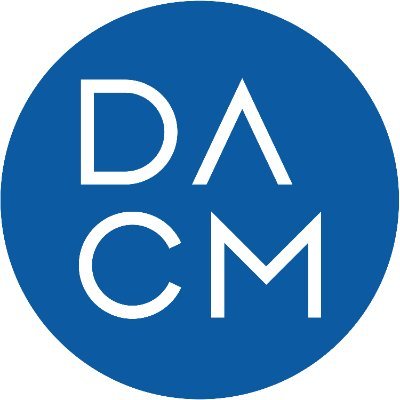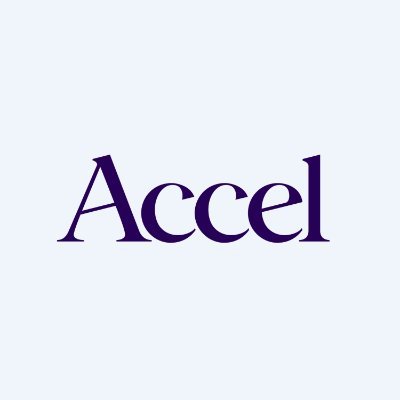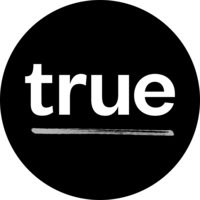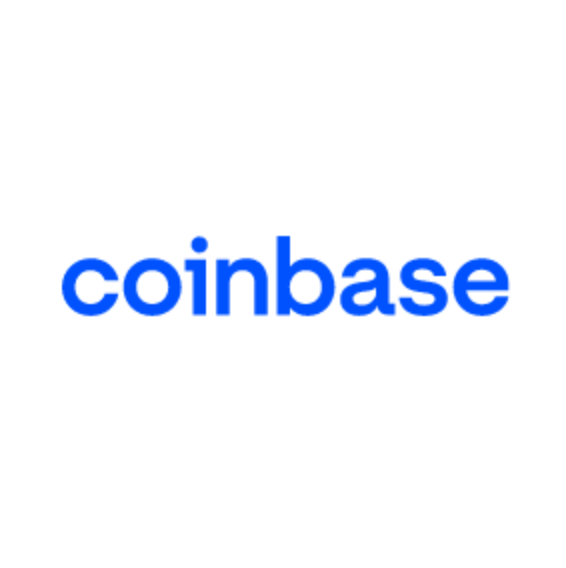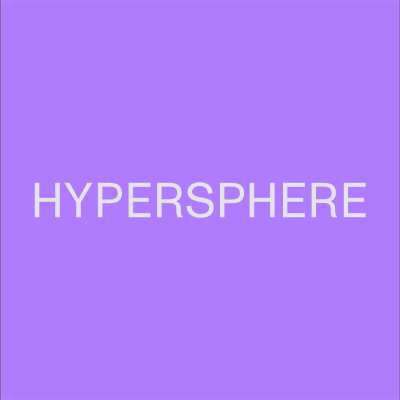Total MarketCap: $0 0
24H Vol: $0.00
BTC:
0 sat/vB
ETH: Gwei

Enable crypto investment for the global masses
Scan QR Code to Explore more key information

Enable crypto investment for the global masses

Stader
Multichain liquid staking platform
Categories:
LSD
DeFi
Ecosystem:
Ethereum
Polygon
BNB Chain
Hedera
Terra Classic
Near
Sonic
Sonic
Region:
India
Founded:
2021
Stader is a non-custodial, smart contract-based staking platform that helps users conveniently discover and access staking solutions to maximize their returns. Over time, Stader will unveil its full suite of DeFi products, including a simplified one-click staking solution, enabling users to easily invest in a variety of different validators.
Stader Fundraising
Public Sale
Amount
$24M
Valuation
--
Date
Feb 11, 2022
Private
Amount
$13M
Valuation
$450M
Date
Jan 20, 2022
Amount
$4M
Valuation
--
Date
Oct 07, 2021
Investor
Stader Team
Scan QR Code to Explore more key information
Stader
SD

Stader
Multichain liquid staking platform
Categories:
LSD
DeFi
Ecosystem:
Ethereum
Polygon
BNB Chain
Hedera
Terra Classic
Near
Sonic
Sonic
Region:
India
Founded:
2021
Stader is a non-custodial, smart contract-based staking platform that helps users conveniently discover and access staking solutions to maximize their returns. Over time, Stader will unveil its full suite of DeFi products, including a simplified one-click staking solution, enabling users to easily invest in a variety of different validators.
Stader Fundraising
Fundraising Event
| Round | Amount | Valuation | Date | Investors |
|---|---|---|---|---|
| Public Sale | $24M | -- | Feb 11, 2022 | |
| Private | $13M | $450M | Jan 20, 2022 | |
| -- | $4M | -- | Oct 07, 2021 |
Investor
Stader Team
Powered by
Stader
SD
$0
+10.59%






